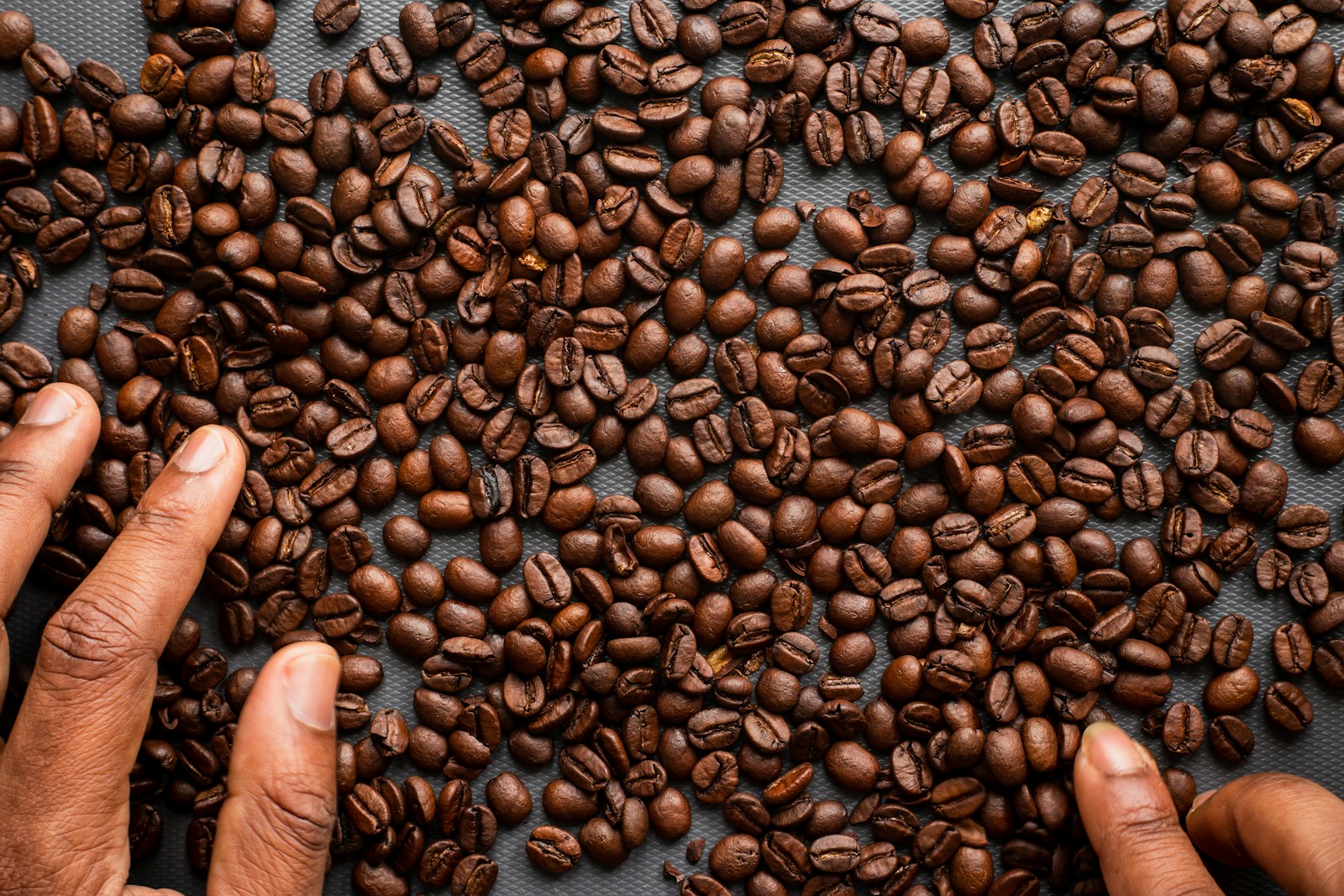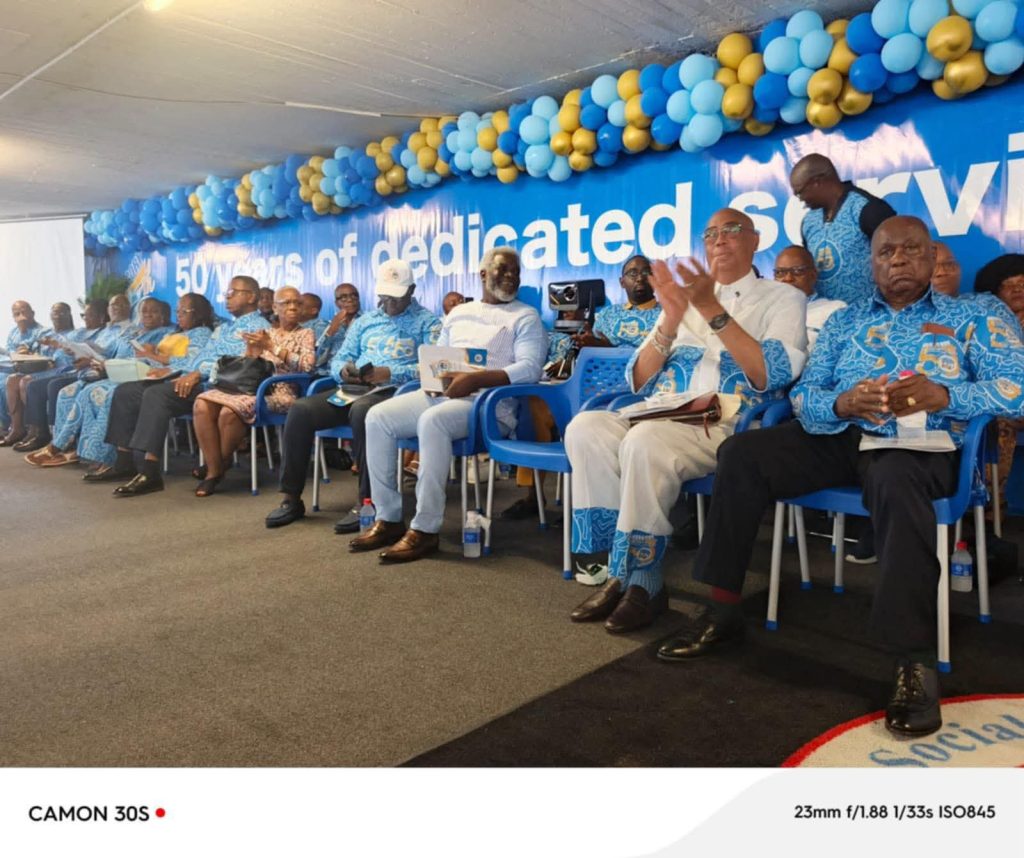The American coffee scene is bracing for a seismic shift as new Brazil coffee tariffs take effect, threatening to double prices and squeeze small businesses across the nation. Starting August 6, a 50% tariff will be imposed on Brazilian coffee imports, a move that’s expected to send ripples through supply chains, cafés, and consumers’ wallets alike.
Brazil coffee tariffs: America’s Coffee Addiction Faces a Wake-Up Call
For decades, Brazil has been the backbone of America’s coffee supply, accounting for nearly one-third of all coffee consumed in the United States. The country’s unique climate, fertile soil, and established infrastructure make it a dominant force in global coffee production. With the introduction of steep Brazil coffee tariffs, however, that steady flow of beans is now under threat. For local cafés, this isn’t just about dollars and cents — it’s about survival.
Brazil coffee tariffs: Why the U.S. Is Targeting Brazilian Coffee
The new tariff isn’t an isolated trade measure. It forms part of a broader shift in U.S. trade policy that affects over 40 nations. Officials in the Trump administration cite political tensions and allegations of anti-American sentiment surrounding former Brazilian President Jair Bolsonaro as justification. However, critics argue that the true victims of this policy are American businesses and everyday coffee drinkers. With inflation already a concern, many fear the added pressure could tip struggling small cafés over the edge.
Brazil coffee tariffs: Climate Change Compounds the Coffee Crisis
Adding fuel to the fire, climate change is already wreaking havoc on coffee supply globally. Droughts in Brazil and Vietnam — the two largest exporters — have decimated harvests. Earlier this year, global coffee prices hit record highs. Now, with the added burden of tariffs, analysts warn that the U.S. market is facing a “perfect storm.” Supply shortages, rising operational costs, and limited alternatives could push prices far beyond what consumers are used to paying for their daily cup.
Brazil coffee tariffs: Small Coffee Shops Brace for the Fallout
Across the United States, small and independent coffee shops are preparing for the financial impact. Without the bulk purchasing power of large chains, these businesses often rely heavily on stable import prices. In Perry, Georgia, for example, Beth Cleveland, owner of Morning by Morning Coffee, has stockpiled 15,000 pounds of beans in anticipation of the tariff. “This could be the end of affordable coffee,” she warns. Many fear that rising bean costs, combined with existing inflation on items like cups and lids, will force menu prices to skyrocket or drive shops to the brink of closure.
Brazil coffee tariffs: Limited Alternatives Beyond Brazil
Finding alternative suppliers is easier said than done. While nations like Colombia, Ethiopia, and Vietnam also produce coffee, few can match Brazil’s consistency, volume, and price point. Moreover, the tariff announcement comes at a time when global supply is already stretched thin due to climate pressures. Importers are scrambling to diversify their sources, but experts warn that supply bottlenecks and quality inconsistency could result in long-term instability in the market.
Brazil coffee tariffs: Consumers Will Pay the Price
Ultimately, the cost will be passed on to the consumer. Industry estimates suggest that even a 10% tariff can raise U.S. retail coffee prices by 8% within three months. With the new 50% tariff, price increases could be exponential. The average American spends over $1,000 a year on coffee — a figure that could now rise sharply. The beloved $2 morning cup may soon become a luxury item, particularly in lower-income communities where price sensitivity is highest.
Brazil coffee tariffs: Luxury Brands Also Hit by Tariffs
The new trade policy isn’t targeting Brazilian coffee alone. Luxury products such as Swiss chocolate and coffee capsules, including popular brands like Nespresso, are also facing fresh tariffs of up to 39%. This broad targeting strategy reveals a pattern: consumer staples and luxury imports alike are being used as leverage in geopolitical disputes. However, Brazilian orange juice was mysteriously spared, leading analysts to speculate that the exemption was strategic — possibly aimed at avoiding sudden price hikes in essential breakfast goods.
Stockpiling: A Short-Term Fix?
While some coffee shop owners like Cleveland have resorted to stockpiling beans ahead of the tariff’s implementation, this strategy is not sustainable long-term. Storage conditions, bean freshness, and expiration dates all pose challenges. Additionally, rising freight and warehousing costs are cutting into whatever savings bulk buying offers. As highlighted in Voice Mauritius News’ recent analysis on supply chain resilience, reactive stockpiling often masks deeper vulnerabilities in trade networks rather than solving them.
Will Tariffs Reshape the Global Coffee Map?
As tensions grow, this tariff may inadvertently spur long-term changes in the global coffee supply chain. Countries like Peru, Honduras, and Tanzania might see new interest from U.S. importers. While diversification could bring benefits, it also risks marginalizing long-standing trade partners like Brazil. Moreover, sudden shifts may lead to volatility in global markets, echoing broader questions about whether protectionism truly serves national interests. A recent report from Reuters outlines how these tariffs may lead to supply instability rather than security.
Conclusion: Brewing Trouble Ahead
The 50% Brazil coffee tariffs may have been designed as a strategic economic move, but their real-world consequences are already spilling over into American homes, wallets, and café counters. Small businesses stand to lose the most, while consumers may soon find their daily caffeine fix far less affordable. As trade wars continue to target everyday imports, coffee has become the latest symbol of how international politics can disrupt local livelihoods. For the time being, one thing is clear: your next cup of coffee might cost a whole lot more.




